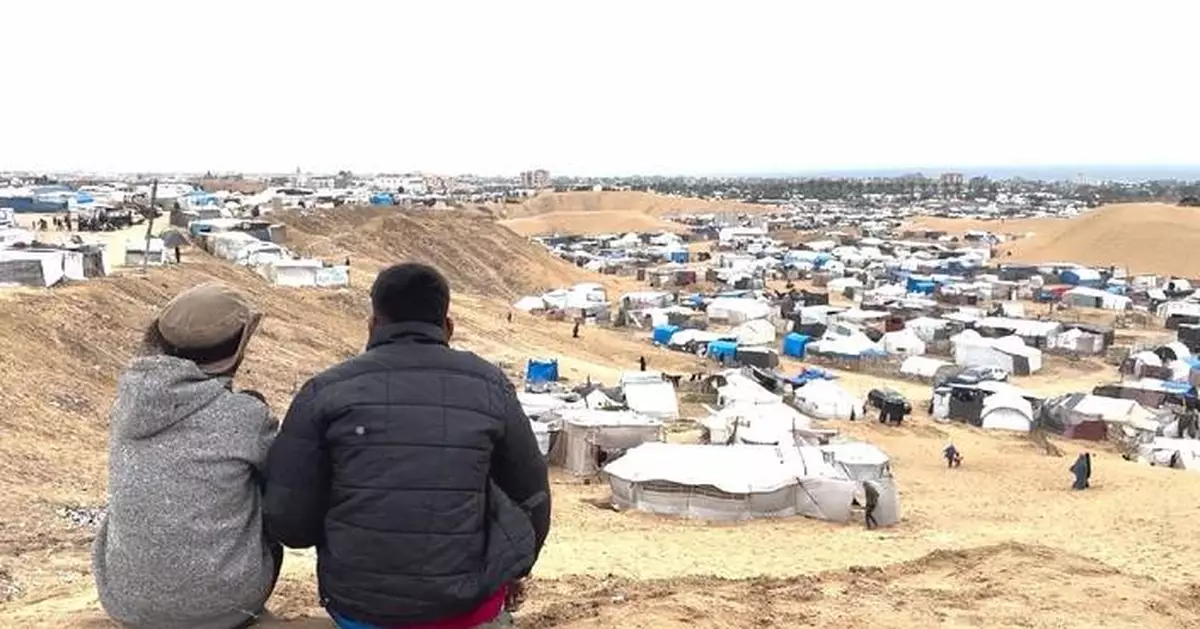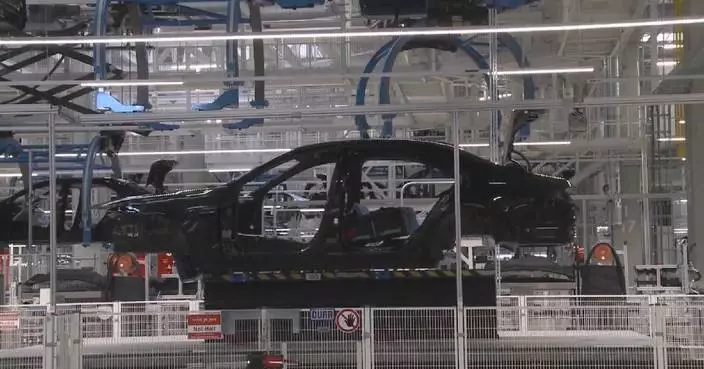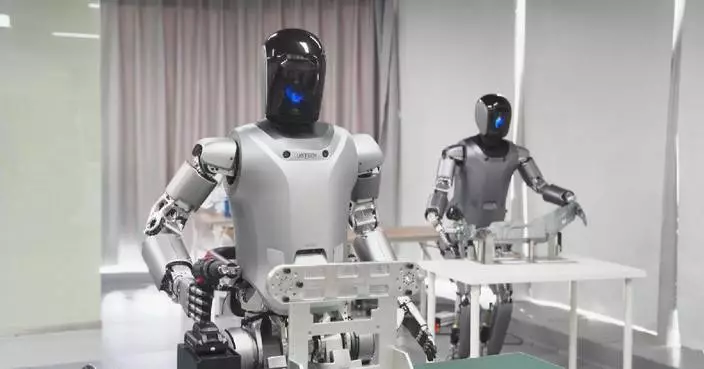The Palestinian death toll from ongoing Israeli attacks on the Gaza Strip has risen to 45,338, with 107,764 others injured, the Gaza-based health authorities said in a statement on Tuesday.
The rise in the number of fatalities came after 21 more Palestinians were killed in the past 24 hours by Israeli strikes.
At least seven Palestinians, including two Civil Defense members, were killed in Israeli bombings on Gaza City, Spokesman for Civil Defense in Gaza Mahmoud Basal said Tuesday.
The United Nations Relief and Works Agency for Palestine Refugees in the Near East (UNRWA) said on Tuesday that one child gets killed every hour in the Gaza Strip.
Since the beginning of the war, 14,500 children have been killed in Gaza, UNRWA said in a press statement, citing data from UNICEF.
The continued violence has left Gaza civilians with nowhere safe to go, Tom Fletcher, UN Under-Secretary-General for Humanitarian Affairs and Emergency Relief Coordinator, said Monday in a statement issued following his visit to Syria and the occupied Palestinian territories.
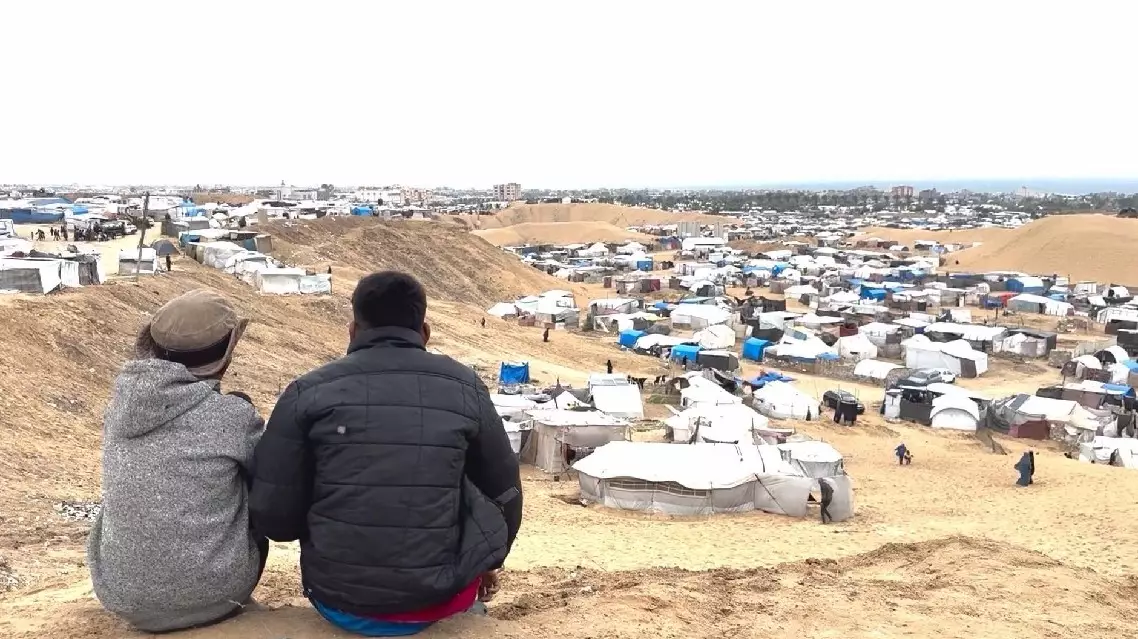
Palestinian death toll from Israeli attacks in Gaza rises to 45,338
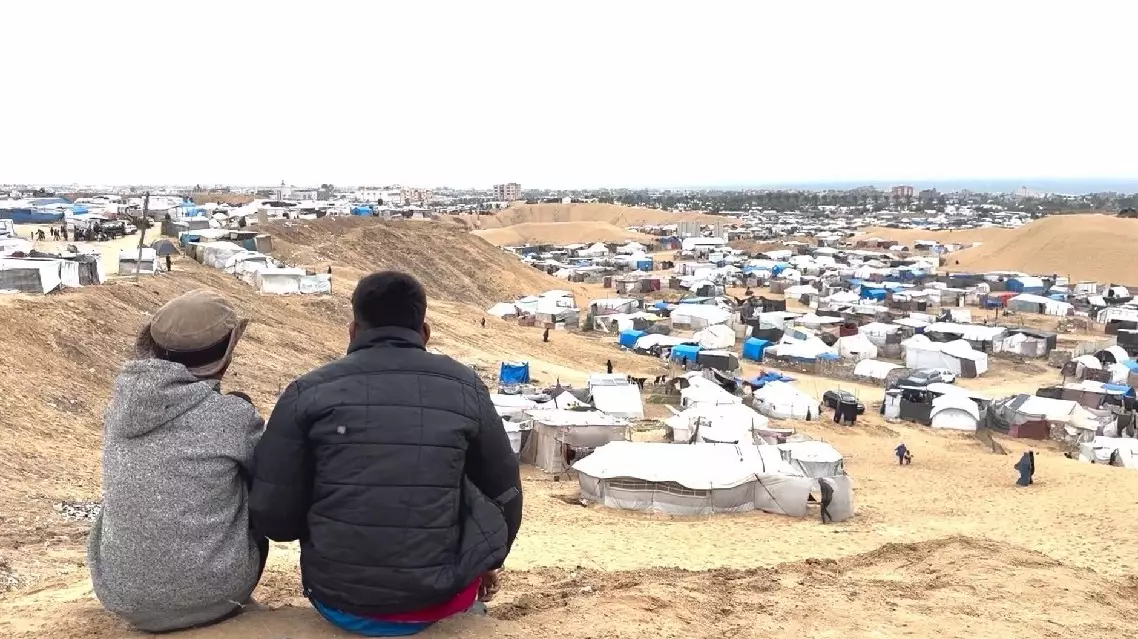
Palestinian death toll from Israeli attacks in Gaza rises to 45,338
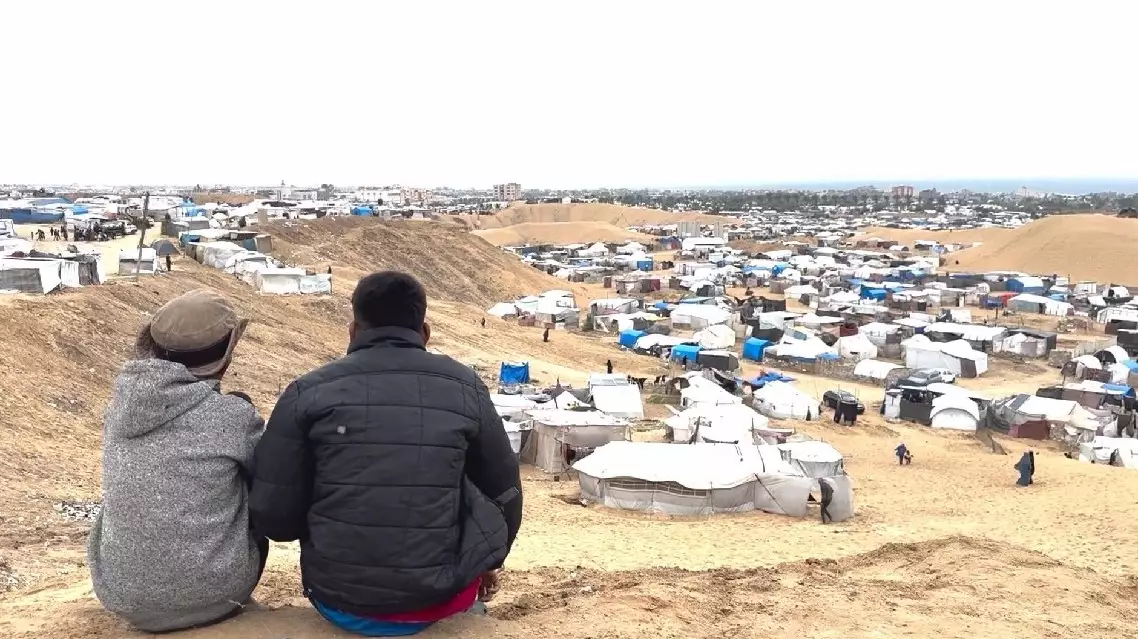
Palestinian death toll from Israeli attacks in Gaza rises to 45,338
Samples of medical experiments conducted onboard China's Tiangong space station were successfully handed over to scientists at the China Astronautic Scientific Research and Training Center in Beijing on Wednesday, after being brought back to Earth by the crew of the returning Shenzhou-19 mission earlier the same day.
The crew members touched down safely at the Dongfeng landing site in north China's Inner Mongolia Autonomous Region around Wednesday lunchtime, after their return had been postponed by a day due to unfavorable weather conditions on the ground.
During their six-month stay in space, Shenzhou-19 mission commander Cai Xuzhe alongside young astronauts Song Lingdong and Wang Haoze -- who is also China's first female space engineer -- carried out an extensive series of scientific experiments and medical tests to assess the impact of space travel on human health and on other living organisms.
The handover includes medical experimental samples from the Shenzhou-19 mission, as well as the Tianzhou-8 cargo spacecraft which docked with Tiangong in November, and from the recently-arrived Shenzhou-20 manned mission, whose crew have now taken over command of the space station.
With a total weight of 3.1 kilograms, the returned package contains 146 individual samples across five categories, namely blood, urine, feces, cells and microorganisms, all of which will support the implementation of 13 space medicine experiment projects in the space station.
In recent space missions, Chinese astronauts have conducted an array of application-oriented medical research aboard the space station, making many new discoveries on the effects of micro-gravity and radiation, space and traditional medicines.
Some research results have already been implemented to enhance the health of astronauts, helping future crews better endure the long stays in space.
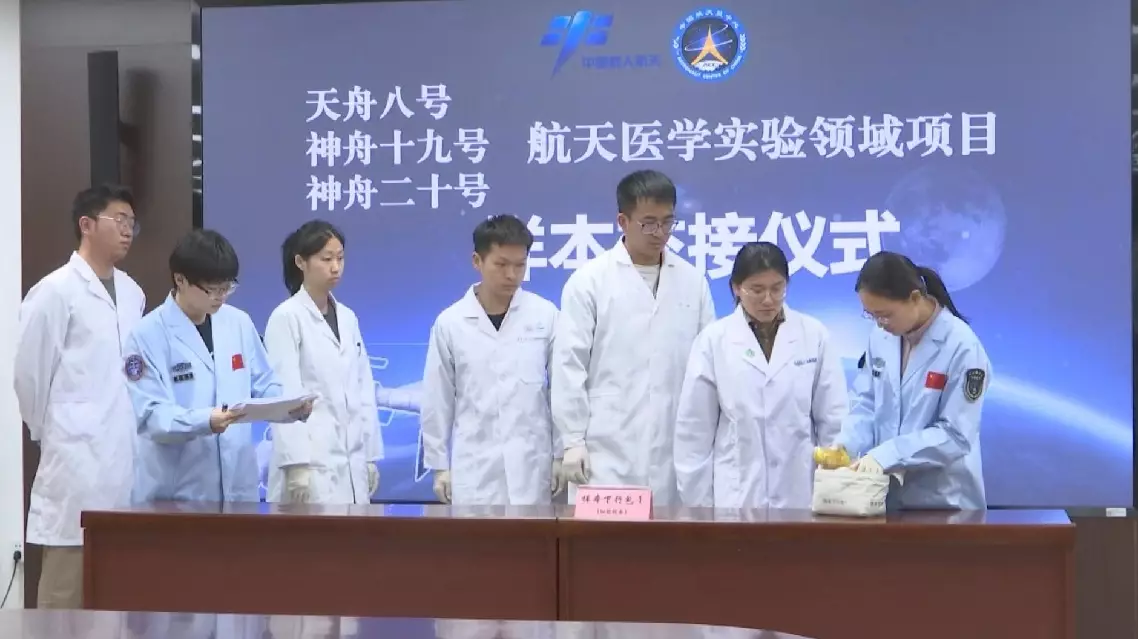
Space medical test samples handed over to scientists after Shenzhou-19 return





